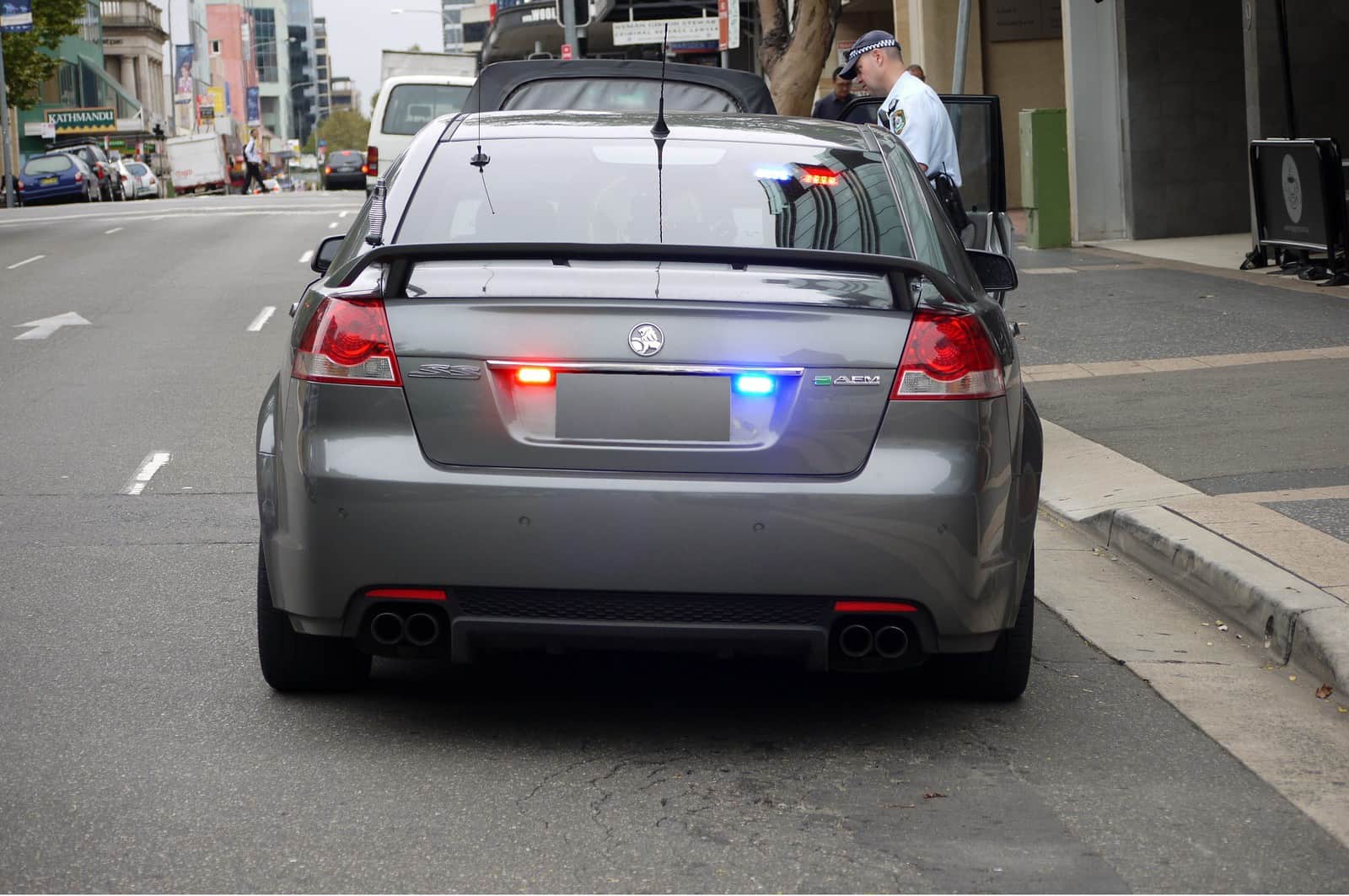Secret soldiers
In an age of terrorism, traditional military tactics fall away. Actors in the war of terror don’t necessarily wear a uniform and sometimes they don’t even subscribe to a state with a flag.
Preventative Detention Orders
Both the New South Wales and Commonwealth Governments have enacted laws that allow police to take a person into custody and detain them for interrogation despite there being no proof of a crime having been committed. Of course, there may be occasions where intelligence is so strong that state and federal police might believe that a terrorist attack is imminent and the preventative detention of a person is needed to stop the terrorist act or preserve evidence. Before this can happen police must seek permission from the Supreme Court.
Control Orders
The Criminal Code Act 1995 (Cth) is the commonwealth law regulating control orders. These orders allow police officers to enforce obligations, prohibitions and restrictions against a person, for the purpose of protecting the public from a terrorist act.
Control orders are different to preventative detention orders because a person the subject of a control order is allowed to roam (subject to conditions) rather than be kept in custody.
Lawyers are critical of the growing tendency of governments to prosecute thought crimes
Preventative detention orders and control orders have been criticised by the legal profession because the orders have a punitive effect and do not require proof of a crime having been committed. In effect, these orders persecute people for what they might be thinking rather than what they have done. Police rely on preparatory acts, intelligence and inferences to obtain the orders. The orders give enforcement agencies enormous power and do not provide sufficient legal restraint and in some cases do not allow for sufficient judicial oversight.
Speak to us
Our crime team is highly experienced in complex crime and is available for urgent assistance: 02 9519 3088.


